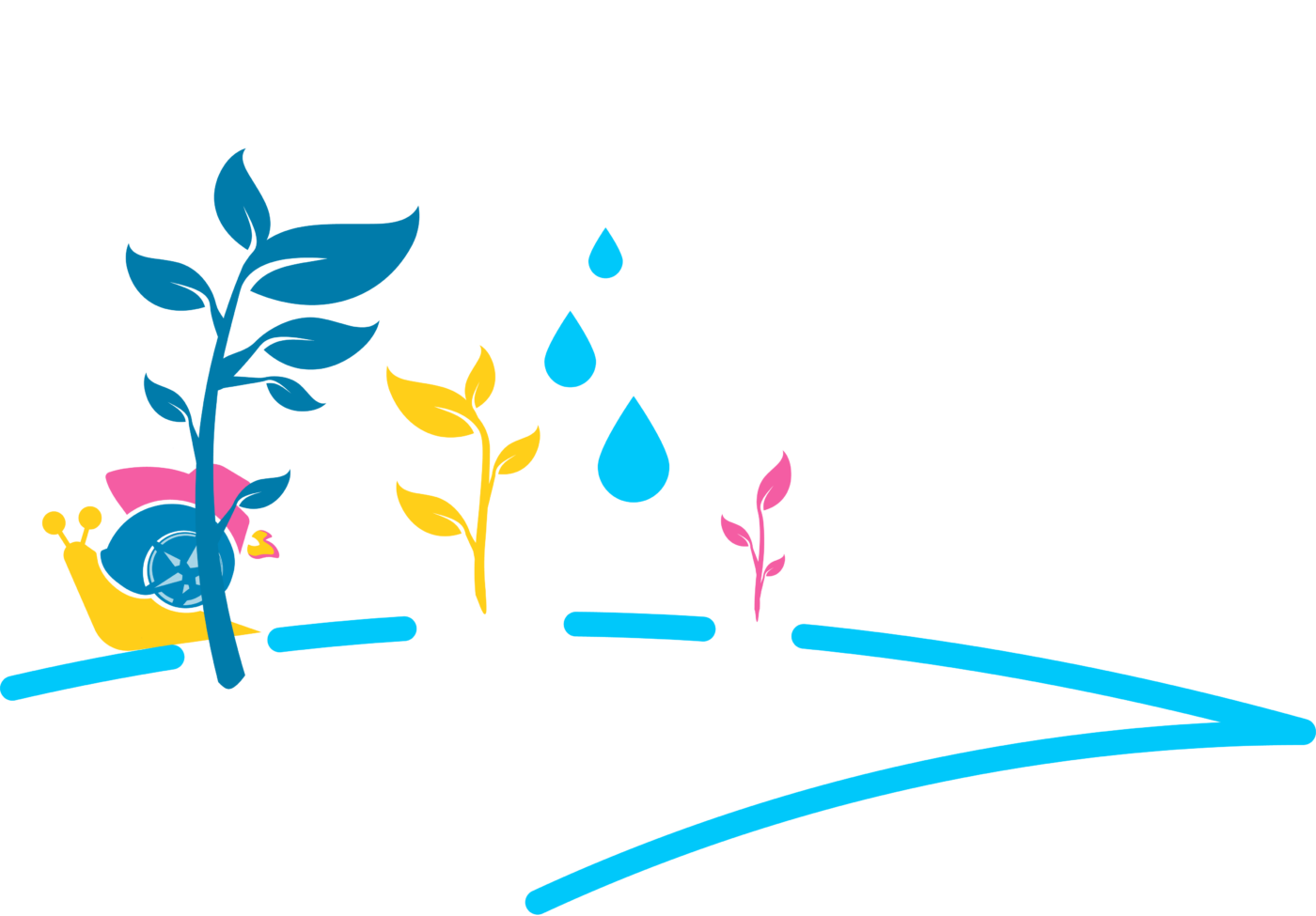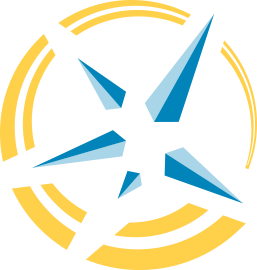WATER THE GARDEN
Soft Skills Training
Modular Learning Labs – 2 hours each

What do leaders say is most commonly lacking in new hires (and current team members)? Soft skills… Interpersonal skills… Teamwork.
It’s not just new hires who could benefit from a soft skills upgrade. We all could. The best communicators in the world still strive to improve – that’s how they got to be the best.
What is the business ROI on improved soft skills? Stronger sales. Higher customer satisfaction. Aligned efforts for stronger performance. Greater employee retention. Less siloing. Continuous improvement (Kaizen). Seamless succession planning. Fewer single-points of failure. Bolder innovation. Don’t suffer anymore through exasperating failures to communicate.
“Soft skills” is a misnomer. There’s nothing soft about these skills. They’re hard. Communicating effectively and productively under pressure and emotion is very difficult. That’s one way they’re hard.
And, “soft skills” got that name because they’ve been hard to define, pin down, and operationalize. Engine repair is a hard skill. It can be taught and learned.
Well, we’ve broken down the skills of communication and teamwork, of collaboration and empathy into simple operations. With our 8 Fundamentals as the foundation, our “Soft Skills” Training gives people tactical tools to succeed together with other human beings.
Imagine your company’s possible future, backed by a team with world-class interpersonal skills…
Ready to make real change? Take Initiative Today
Consider “soft skills” training if…
Are you and your team all about continuous improvement?
…improvement of your company, its processes and procedures, its products and services, its present and future… Are you all about continuously improving the way you work together and the value you deliver to your customers?
Then this may be for you.
Clients call us when…
- The challenge of interpersonal dynamics is hurting morale and causing turnover
- Conflict has people on edge
- Scope-creep is hurting you in the profits
- Miscommunications are bogging down performance
- Customers are restless and complaining
- Customers resist your team’s expert advice
- Glassdoor reviews are sliding
- PR nightmares strike
- Great candidates decline job offers… ouch.
- Head shaking caused by generation gaps threatens teamwork
- Silos destroy efficiency
- They discover toxic behaviors on their team
- Humans must work with other humans
When the response you get isn’t the response you expected… wanted… needed… Time for a “soft skills” upgrade.
Results clients enjoy after “soft skills” training with The Yes Works:
Sage Intacct works with us because they found that significant numbers of new consultants/implementers were quitting within 90 days of being hired. The reason… Scope creep was out of control. Projects were late. Bottom line… They were overwhelmed by the strain of difficult conversations with clients.
Meg Deering, Program manager at Sage Intacct tells us, “New consultants are coming out of [your] program with confidence.”
“[Historically,] so much of success,” Meg told us, “depended on a person’s personality. Actually, a lot of these skills can be trained. And The Yes Works helps us to overcome our personality limitations, and actually think through our choice of words, so that we can move forward and be successful.”
6 months into our work with Sage and their new implementers, none have quit. “We have a long waiting list of others who want to join in – who are more experienced. The wait list [for the “soft skills” program] is growing. And that’s exciting.”
You can look forward to:
- Reduced turnover (if Sage is any indication)
- Productive meetings (Hallelujah!)
- Productive (rather than destructive) conflict
- Ending scope-creep (Welcome back, dear profits.)
- Swift and complete alignment (less drag on the system)
- Cooperative and enthusiastic customers (lifetime value and referrals… up, up, up)
- Greater cohesion, camaraderie, and cooperation among your team (6 Cs)
- Transparency and info-sharing across departments (75% more, said a recent client)
Interpersonal skills are water and fertilizer for the garden. And if you’ll forgive the mixed metaphor, they’re also grease for the engine… And also… a high-performance upgrade for the transmission.
In other words… Interpersonal skills are like cheese. They make everything better.
Where have you been rubbing up against interpersonal friction in your business?
Soft Skills Training FAQ
What follows is some of the more popular modules and is not an exhaustive list. Want something you don’t see, ask us.
We can build an a-la carte program for you from topics and tools including:
- Meetings That Get Shit Done
- Professional Assertiveness
- Inspiring Accountability
- Operationalizing Professional Compassion
- Diffusing Conflict
- Time/Priority Management
- Workplace Creativity
- Effective Delegation
- Effective Feedback – Getting and Giving
- Managing Up
- Gaining Alignment For Strong Collaboration
- Dealing With Defensiveness
- Making the Most of Strengths
- Delving Deeper for Greater Understanding
- Finding Motivation, Inspiration, Drive
- Succeeding With Difficult People
Maybe. In the sense that bike-riding can’t be taught. It’s got to be learned through experience.
We can’t make you better at interacting with other humans. We absolutely can (and do as our stock-in-trade) give you tools, space to use them, and an environment where you’ll have fun succeeding with them. And that’s enough to start the building of a new habit.
Add reinforcement and a cohort of allies at work encouraging each other to practice what you’ve learned… Y’all will be unstoppable.
That’s Wyatt — the slow-is-fast snail.
Steven Covey said it… “With people, slow is fast, and fast is slow.”
Wyatt’s here to remind us of that truth.
One of the things we say that our clients often quote back to us is, “It’s never about the thing. It’s always about the relationship.” Wyatt stands for that truth too.
Great performance — sustainable, reliable performance — comes when people on the team feel they’re in it together. We’ll get the effort we need, the speed we need, the drive we need, when we take the time the relationship needs.
Though we don’t often go in for cutesy alliteration, when clients tell you what they want and what you’ve given them in words that start with C – guess you gotta go with it.
Clients have asked for – and thanked us for helping them foster:
-
Communication
-
Collaboration
-
Cohesiveness
-
Camaraderie
-
Creativity
-
Cooperation
It would be our pleasure.
We’re hard-wired into the internet to bring you “soft skills” development wherever you are on the globe via live virtual sessions.
We’ve worked with multinational companies – simultaneously training participants on three continents at once.
We’ve worked with people on all but two continents from our home base in Washington State.
And we have been known to travel. Some of our team may already be right next door to you.
Yes.
Don’t believe us?
- “Our sessions were so much fun!” Meg Deering, Program Manager, Sage Intacct
- “Not to mention fun!” Joe Le Roy, CEO, HopeSparks
- “I was actually having fun while problem solving… Thanks for showing me you can have fun, engage in play, and solve problems all at the same time!” Jacque
- “I can’t express enough… It was fun!” Rodney Robinson, Director, Metropolitan Development Council
We use handwritten notes because we’re analogue creatures with analogue brains in a digital world. There’s something captivating about watching someone write. The notes help the information stick. And many of our participants have told us, “When I review the notes, I’m not only reminded of the information. It’s like I re-experience the training.”
Most of what we write in a given session isn’t our information for you. Rather, it’s the stuff you as participants tell us. So most of our notes are you, talking to you. And you like you. You listen to you.
And, fear not. The fundamental principles of effective teaming that these three sessions are built upon… We’ve designed them into handouts/posters we’ll give you as well. So you’ll get our handwriting – and you’ll get something polished and pretty to boot.
Firstly… That’s not a question.
And, where you’re at about this area of study and practice is that it’s too squishy and doesn’t have value, that’s cool. This work is not for everybody.
We’re not for everybody.
If you’re sure that’s where you come down on the interpersonal skills side of things, then – well, you probably aren’t reading this.
If you’re open to the idea that this stuff isn’t woo-woo garbage, that these skills create your success as an individual and as a team, then let’s talk about what the fit might be to work together.
From were we sit at The Yes Works… soft-skills = revenue/profitability.
And that’s cold, hard cash.
Maybe. Sometimes. There are three ways we’ve seen toxicity drop precipitously on teams we’ve worked with.
Some people exhibit toxic behaviors when they’re scared and don’t know how to handle that healthfully and productively. Frankly, we all do.
So, when we get new tools, they often replace the toxic ones.
1) Someone exhibiting toxic behaviors gets a new tool, and they drop the toxic one. They see the new tool is better, and they’re on board.
That said… There are two teams where we’ve heard from the leader who brought us in that while nearly everyone on the team loved their time with us and got a lot out of it, there was one person who believed it was a waste of time – one person who habitually exhibited toxic behaviors that demeaned their teammates (also thought our work with them was useless).
2) While that person’s toxic behavior didn’t stop (it did decrease on one of these two teams), the other members of the team used tools we gave them to “aikido” the attacks in a more productive direction. So while the toxins remained, the team was less poisoned thanks to new skills.
And then there are the teams we’ve worked with – 6 that we’ve heard from directly – where the person with a toxic habit they could not give up, simply could not remain, and left the company.
The leaders and teams in these cases no longer tolerated the toxic behavior in silence. They’d learned tools to address it, and had been convinced of the truth that, “Your company culture is defined by the worst behaviors you tolerate.” They spoke directly to the intolerable behavior assertively and with compassion. In some cases, they hired a coach. And they invited the person to change.
3) In these circumstances, we’ve heard stories of these folks leaving in one of two ways. a) Rather than change, the person quit. b) They did not change, and so they were let go.
In all three of these scenarios, toxicity either disappeared, or was significantly reduced – almost overnight.

